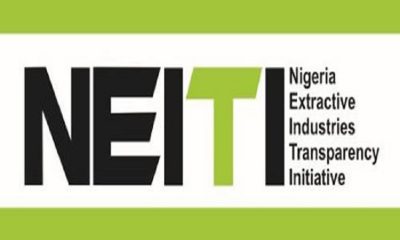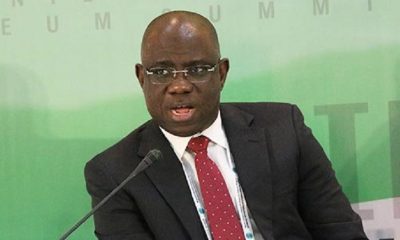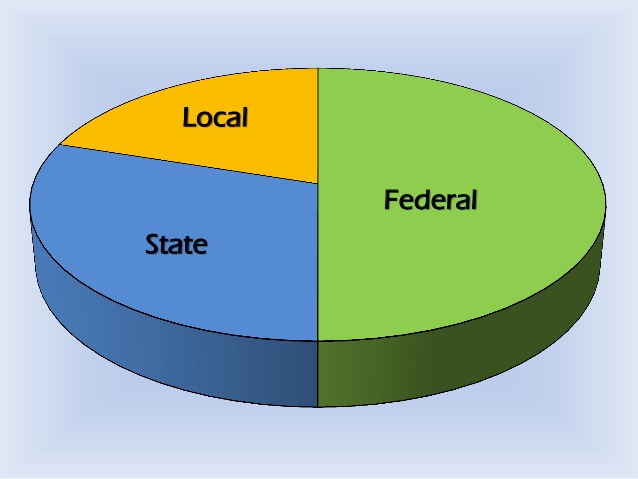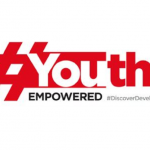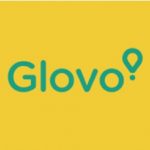Economy
NEITI Unveils Roadmap on Use of Open Data

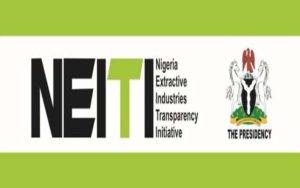
By Modupe Gbadeyanka
Two documents designed to push the boundaries of implementation of transparency and accountability in the extractive industries in Nigeria have been launched by the Nigeria Extractive Industries Transparency Initiative (NEITI).
It was gathered that the first document is the Roadmap on Beneficial Ownership disclosure, which seeks to outline Nigeria’s strategy towards the implementation and fulfilment of Requirement 2.5 of the EITI standard which among other things demands public disclosures of the real owners of oil, gas and mining companies that operate in Nigeria.
The roadmap provides comprehensive plans and actions designed to guide Nigeria in its implementation of beneficial ownership disclosure in the extractive industries.
The strategy document also identified the institutional frameworks that are required for effective implementation of ownership transparency, clarity on definition of beneficial owners and explanation on thresholds for public disclosure required in the process.
It also defined those who fall into the category of Politically Exposed Persons (PEPs) and the reporting obligations expected of them as well as the challenges that may be encountered during the process of data collection, data quality assurance, accessibility and timeliness.
The plan also identified the need for capacity building for all stakeholders expected to be involved in the implementation given the complexity of the extractive industries in Nigeria and highlighted the need for public education and enlightenment on the principles and benefits of Beneficial Ownership disclosures.
The roadmap, apart from fulfilling the EITI requirement, is also in line with the commitment made by President Muhammadu Buhari at the London anti-corruption summit where he pledged to establish a publicly accessible register of all companies operating in Nigeria.
In the President’s words, “We welcome the new 2016 EITI Standard, in particular, the requirements on beneficial ownership and the sale of the government’s share of production”.
The President also declared that “Nigeria will establish a transparent central register of foreign companies bidding on public contracts and buying property. We welcome the proposal by developed countries to work together to improve the access of developing countries to beneficial ownership information for use in public contracting.”
The EITI standards require all implementing countries to publish their Beneficial Ownership Roadmap by January 2017 and commence full implementation by January 2020.
The process adopted in the development of the roadmap was consultative, robust and consistent with the multi-stakeholders approach of the Extractive Industries Transparency Initiative (EITI) which involves civil society, media, extractive companies, relevant government agencies and development partners.
In a similar development, NEITI has unveiled an open data policy in keeping with the realization that the world is currently witnessing a global shift towards making data open and accessible. This is also in compliance with the EITI Standards and the global shift towards open data availability which is largely attributed to technological advancement and increasing demand for transparency and accountability by citizens.
Under the open data policy released by NEITI, information and data contained in its industry audits would be made publicly available and accessible in a reusable format.
The policy defined Open data as data that is in the public domain or ought to be in the public domain. The definition also provides that such data should be accessible, freely used at no cost and can be shared and built upon by anyone.
The open data policy also requires that the data be used anywhere and for any purpose without restrictions from copyright, patent or other control mechanism and must also be expressly excluded by the provisions of the laws of Nigeria.
This requires making the data convenient, modifiable in open format, easily retrievable, indexed, and well organized. The open data policy also represents the framework for the implementation of the global drive for use of open data to pursue reforms, enthrone transparency and accountability especially in the extractive sector of the Nigerian economy.
The open data policy is expected not only to create a solid foundation for open data disclosures in the extractive sector, but has the potential for implementation in other sectors of the economy.
NEITI therefore appeals to the media, civil society, parliamentarians and citizens to avail themselves of the two policy documents and use them as tools for public education, information dissemination and enlightenment on governance issues in the extractive industry in Nigeria.
Economy
Dangote Refinery Drop PMS Ex-Depot Price by N30 to N820 Per Litre
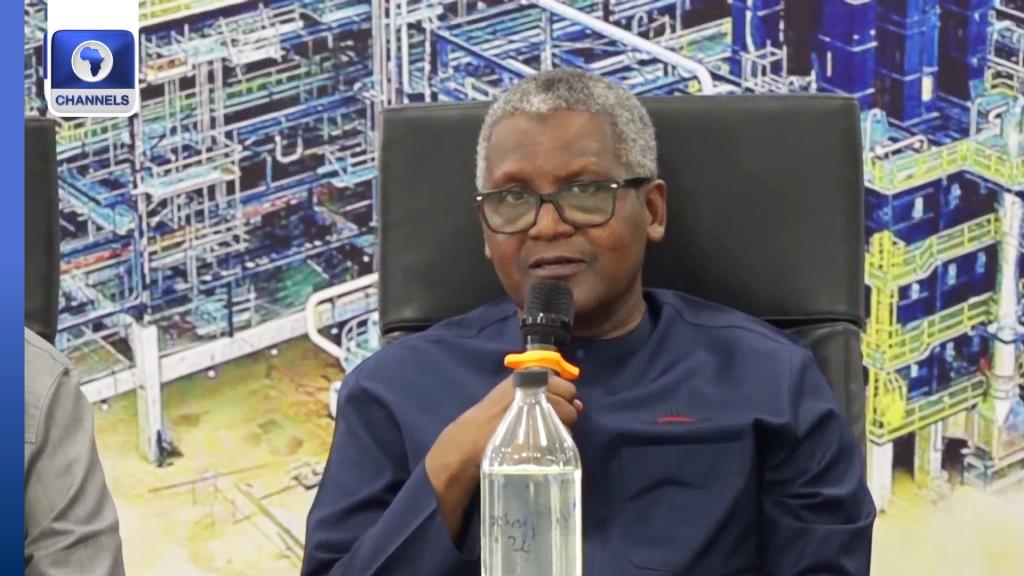
By Modupe Gbadeyanka
The ex-depot price of premium motor spirit (PMS), commonly called petrol, has been reduced by Dangote Petroleum Refinery by N30.
In a statement on Tuesday, the Chief Branding and Communications Officer of Dangote Group, Mr Anthony Chiejina, said the product would now be sold to marketers at N820 per litre and not the former price of N850 per litre.
It was stated that the price reduction is effective Tuesday, August 12, 2025, and it is “part of our unwavering commitment to national development,” assuring “the public of a consistent and uninterrupted supply of petroleum products.”
“In line with our dedication to operational excellence and sustainable energy solutions, Dangote Petroleum Refinery will commence the phased deployment of 4,000 Compressed Natural Gas (CNG)-powered trucks for fuel distribution across Nigeria, effective August 15, 2025,” a part of the terse statement disclosed.
Economy
CSCS Simplifies Capital Market Transactions With *7270# USSD Code

By Aduragbemi Omiyale
In demonstration of its commitment to deepening the Nigerian capital market and making investment in the ecosystem seamless and more attractive, the Central Securities Clearing System (CSCS) Plc introduced its Unstructured Supplementary Service Data (USSD) code service.
The quick code, Business Post gathered, is also part of the innovations the company is deploying to boost market accessibility and make capital market access easier, faster, and more inclusive.
The USSD code service is *7270# and can be used by investors to view their investments on the go even without data on feature phones.
The *7270# USSD code service was developed by CSCS in collaboration with MTN Nigeria, the leading telecommunications firm in the country.
CSCS disclosed that with this simple code, investors can now retrieve vital information about their holdings and recent transactions directly from their mobile phones, and no internet access is required.
This is particularly significant for investors in underserved and remote areas and without access to smartphones or stable internet connections, it noted.
“The USSD service supports our broader mission to enhance financial inclusion by ensuring that every investor, regardless of location or digital literacy, can stay updated on their investments.
“It also reinforces our strategic focus on using technology to improve transparency, efficiency, and user experience across the Nigerian capital market,” the company disclosed.
“Whether you’re checking your portfolio on the go or helping a client stay informed, *7270# puts market information in the palm of your hand, securely, instantly, and with zero hassle,” it added.
Economy
Enhancing Economic Growth Through Online Education in Nigerian Pidgin
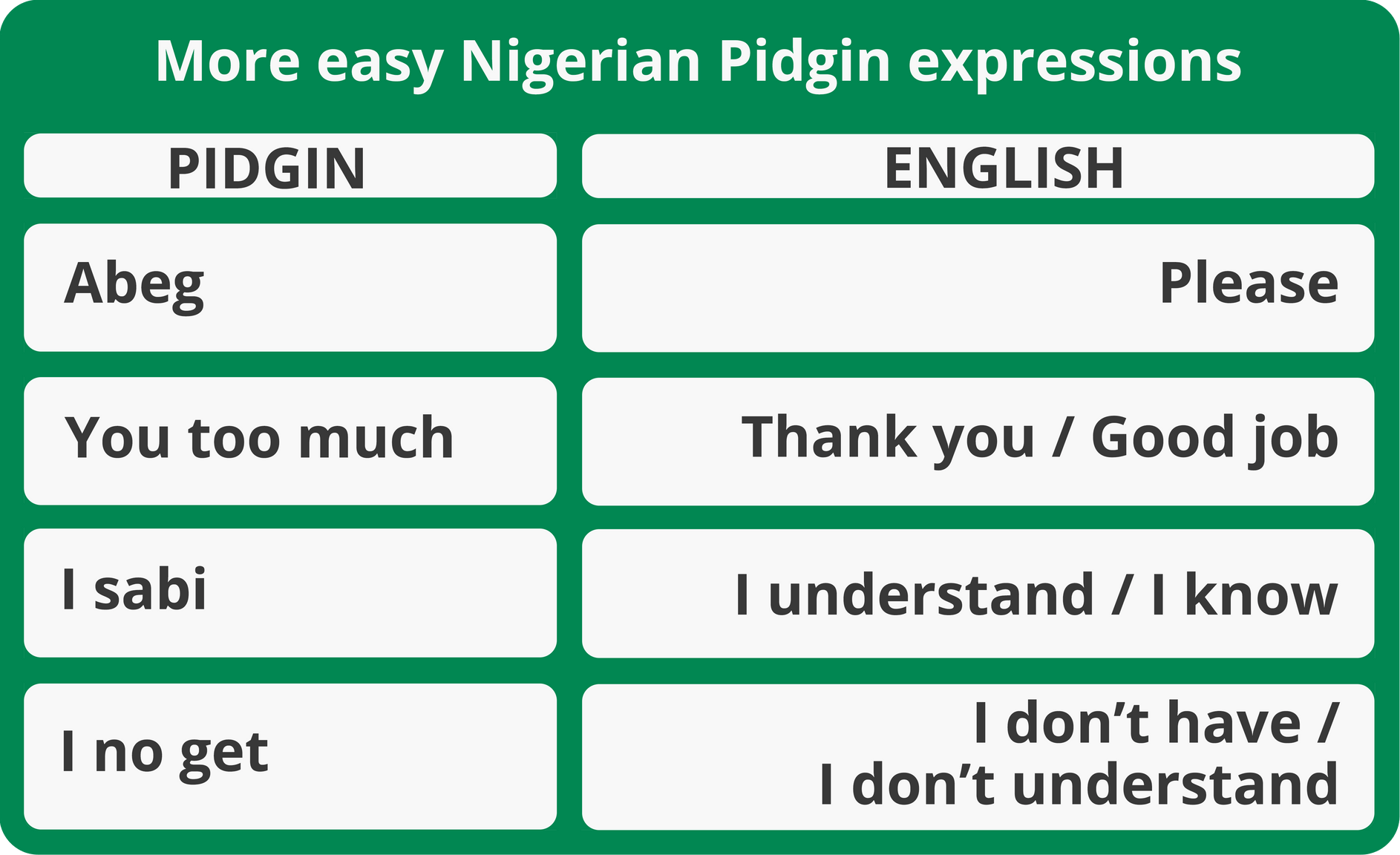
Nigerian Pidgin, spoken by about 121 million people in 2025, is a key linguistic asset driving communication and economic participation in Nigeria’s diverse population. With 5 million native and 116 million second-language speakers, it’s Africa’s most widely spoken language.
This interest has spurred the creation of effective tools and resources to support language learning. Online education platforms leverage Pidgin to boost literacy, fostering economic growth and new business opportunities by improving access to education and empowering communities.
Economic Significance of Nigerian Pidgin
Nigerian Pidgin, a unifying lingua franca, bridges Nigeria’s diverse ethnic and socioeconomic groups. Its use in media, trade and informal settings enhances information access, enabling broader participation in economic activities. Improved Pidgin literacy reduces communication barriers, especially for the 38% of Nigerians with limited internet access, promoting inclusivity in the digital economy. Research shows Pidgin’s role in media and education fosters unity and cultural expression, yielding economic benefits through better social cohesion and market engagement.
Enhanced Pidgin literacy improves job market access, particularly in informal sectors like trade and media, where Pidgin thrives. This aligns with Nigeria’s digital literacy goals, as over 50% of the population lacks digital skills, per the World Bank. Better literacy enables online commerce, freelancing and entrepreneurship, reducing unemployment, which affects 80% of graduates lacking digital skills.
Impact of Online Education Platforms
Platforms like Naija.guru enhance Pidgin proficiency with resources like dictionaries and interactive forums, addressing the needs of Nigeria’s diverse population. These tools eliminate geographical and socioeconomic barriers, democratizing education. Projects like AfriDataHub and the Nigerian Pidgin ASR dataset support digital infrastructure for Pidgin, enabling educational tools and natural language processing applications.
The global digital education market, projected to reach $133 billion by 2030, offers opportunities for Pidgin-focused platforms. Subscription-based models, premium content, or corporate training for Pidgin-speaking regions can generate revenue. Partnerships with media like BBC Pidgin or tech firms can create new income streams. These platforms also foster entrepreneurship by enabling monetised digital content creation on platforms like YouTube.
Economic Benefits of Literacy Improvement
Improved Pidgin literacy boosts participation in Nigeria’s informal economy, which accounts for over 50% of GDP. Better literacy supports clearer market transactions and enhances advertising effectiveness, as Pidgin is widely used in media campaigns. Integrating Pidgin into education, as per Nigeria’s 2013 National Policy on Education, improves academic outcomes and employability in a country where only 62% of adults are literate.
Literacy also enables participation in global freelancing platforms like Upwork, expanding income opportunities. Additionally, documenting Pidgin traditions boosts cultural tourism and creative industries like Nollywood, which generates over $1 billion annually, contributing to Nigeria’s GDP.
Business Opportunities and Community Empowerment
EdTech startups can develop Pidgin-focused platforms targeting Nigeria’s 121 million speakers and diaspora, integrating AI-driven tools for personalised learning. Businesses can leverage Pidgin’s cultural significance for tailored marketing or e-commerce platforms, tapping into Nigeria’s digital economy. Community empowerment through literacy fosters grassroots innovation, enabling individuals to create monetised Pidgin content and engage in civic activities.
Pidgin’s role as a unifying language strengthens community ties, encouraging collaborative economic ventures. By promoting Pidgin, platforms ensure its relevance, supporting long-term economic stability through cultural continuity.
Online education in Nigerian Pidgin drives economic growth by enhancing literacy among 121 million speakers, improving workforce participation, consumer engagement and cultural preservation. The digital education market offers opportunities for EdTech innovation. As Nigeria pursues 95% digital literacy by 2030, Pidgin-focused education will foster economic inclusivity and prosperity.
-

 Feature/OPED6 years ago
Feature/OPED6 years agoDavos was Different this year
-
Travel/Tourism9 years ago
Lagos Seals Western Lodge Hotel In Ikorodu
-

 Showbiz3 years ago
Showbiz3 years agoEstranged Lover Releases Videos of Empress Njamah Bathing
-

 Banking7 years ago
Banking7 years agoSort Codes of GTBank Branches in Nigeria
-

 Economy2 years ago
Economy2 years agoSubsidy Removal: CNG at N130 Per Litre Cheaper Than Petrol—IPMAN
-

 Banking2 years ago
Banking2 years agoFirst Bank Announces Planned Downtime
-

 Sports2 years ago
Sports2 years agoHighest Paid Nigerian Footballer – How Much Do Nigerian Footballers Earn
-

 Technology5 years ago
Technology5 years agoHow To Link Your MTN, Airtel, Glo, 9mobile Lines to NIN



